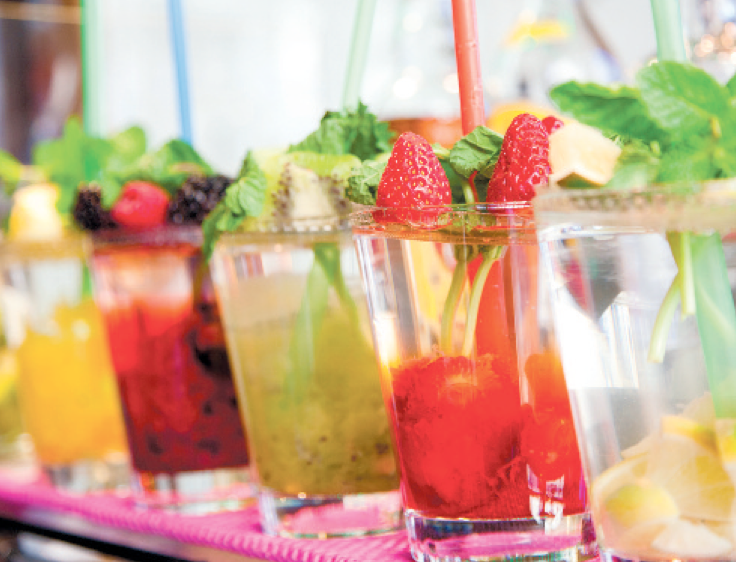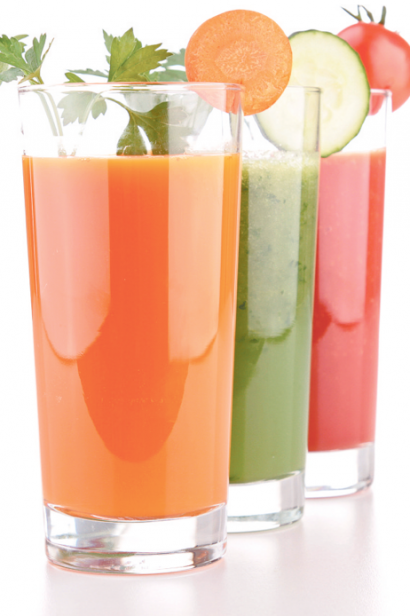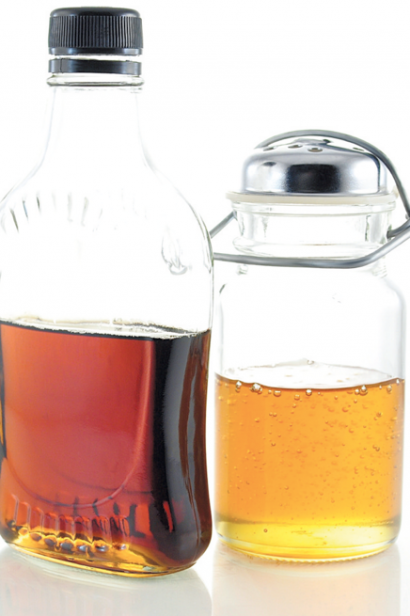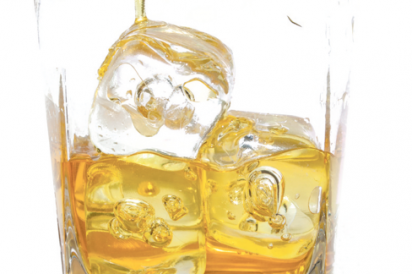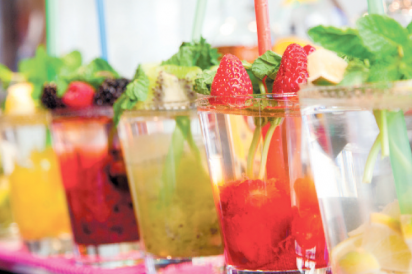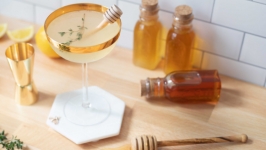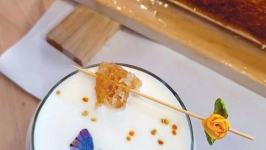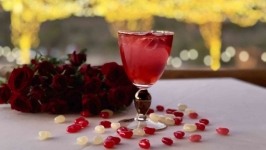Drinking Green: Six Tips for Making Organic Alcoholic Beverages
No, we’re not talking green-colored cocktails (although those would come in handy for our St. Patrick’s Day and Earth Day celebrations). Nor are we saying that cocktails are the next health food (we wish!). But since you eat sustainably with a focus on local and organic, shouldn’t you drink sustainably too?
Look for organic and sustainable spirits.
Although the first organic spirits on offer tended to be vodkas, you can now find quality organic spirits in just about every category from gin to rye including popular local tipples tequila and mescal (Del Maguey is a favorite). Other spirits companies such as Greenbar tout not only their organic ingredients but their sustainable approaches to production.
Go local and artisanal.
Artisanal spirits makers have proliferated across America over the last few years, so keep an eye out for their boutique products. The first modern distillers from Arizona (High Spirits in Flagstaff and Desert Diamond in Kingman) have been joined over the past few years by Forward Brands in Glendale (Arroyo Vodka), Sonoran Spirits in Phoenix, AZ Distilling Co. in Tempe (Copper City Bourbon) and Hamilton Distillery in Tucson (Whiskey del Bac), so the options for drinking local artisanal spirits are expanding. Think Arizona wine when developing your next sangria cocktail. And don’t forget local and artisan producers of other cocktail ingredients such as AZ Bitters Lab (bitters), La Bella Terre (flavored sugars) and John’s Premium (tonic syrup).
Think seasonal.
Be inspired by local fruits, vegetables and herbs for mixers (juice), garnishes and infused syrups.
Use natural sweeteners.
Organic cane sugar makes a great simple syrup and local honey or maple syrup works well in hot drinks. Organic agave nectar is trendy (and dissolves in cold drinks) but it’s not the raw, pure product most of us think it is; use only in small amounts.
Make quality rocks.
We cringe when we see drinkers pour pricey bottled water over ice cubes made with regular tap water. Use purified or filtered water to make better-quality rocks. For slow-melting, large-format ice cubes use a muffin tin or special spherical mold.
Rethink disposables.
It’s more than what’s in the glass, it’s the glass itself that makes a cocktail—and also makes it sustainable. Invest in a variety of pretty or unusual reusable glass barware (or high-quality acrylic for around the pool), and those disposable red cups will be a thing of the past. The same concept applies for stir sticks and straws: Invest in quality reusables or substitute an edible stirrer such as a celery stick, cucumber or piece of sugar cane.


